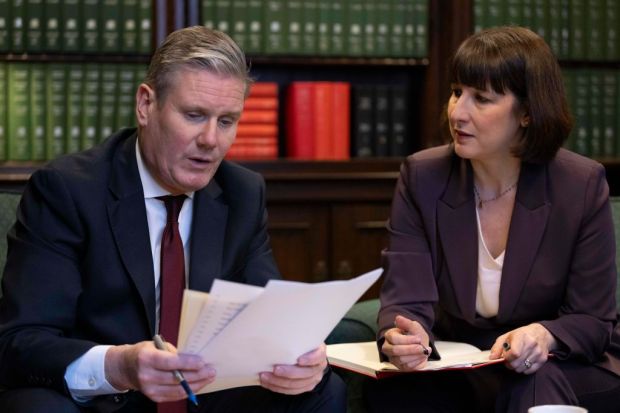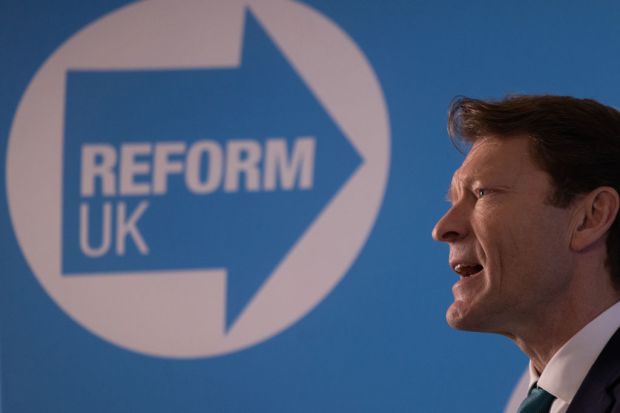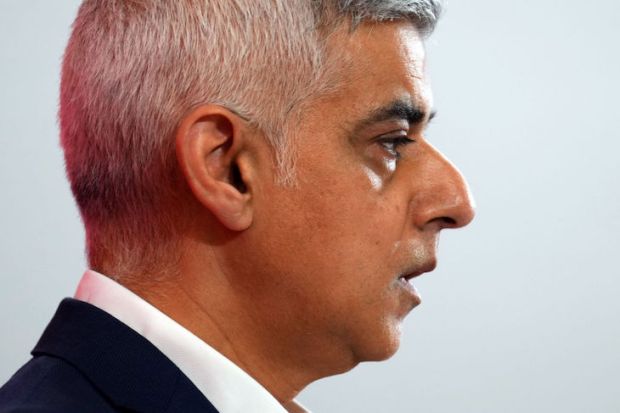When Rishi Sunak turned on the spending taps last March, a triumphant Jeremy Corbyn said he had been proved ‘right’. History would be written by the losers.
In the 16 months since, government spending on the pandemic has swelled to an eye-watering £372 billion. Wages have been nationalised, along with the railways. Individuals have radically altered their behaviour to shield a state institution. Many now hold the view that coronavirus demonstrates government can borrow and spend a large amount of money quickly and wisely — and that it can therefore continue to do so.
But two new reports from the Commons Public Accounts Committee decisively debunk that myth. The picture is one of hastily-approved public procurement causing ‘unacceptably high’ levels of waste; of write-off costs associated with loan schemes, estimated at £26 billion; and of decision-makers putting speed before value for money.
The Committee said it remained ‘seriously concerned’ that despite spending £10 billion on personal protective equipment supplies, the stockpile ‘is not fit for purpose.’ Of 32 billion items of PPE ordered by the Department of Health and Social Care (as of May 2021), 11 billion had been distributed, 12.6 billion were held in the UK as central stock, and 8.4 billion on order from other parts of the world had still not arrived on our soil.
The stockpile is costing the Department of Health and Social Care about £6.7 million a week to store. In May there were a colossal 10,000 shipping containers that had yet to be unpacked. These figures dwarf most people’s conception of money. And while the Committee zoned in on the procurement of PPE, the waste doesn’t stop there. Remember the millions of pounds spent on contact-tracing technology that experts repeatedly warned wouldn’t work?
Far from vindicating the socialists, this pandemic has been a poor advertisement for an activist state. There has been an absence of transparency and accountability. Government ministers have repeatedly failed to predict the predictable — from the surge in cases following Eat Out to Help Out (which cost £810 million) to the pingdemonium that currently threatens to push back the overall recovery in GDP (at a cost of £4 billion in lost output per month).
Meanwhile, with breathtaking nimbleness and speed, private enterprise has achieved remarkable feats — not just in creating the vaccines that will rid us of this pestilence but keeping supermarket shelves stacked, redeploying factories to manufacture ventilators, or simply adapting to stay afloat.
The Public Accounts Committee has laid bare the shortcomings of state interference, however, its proposals are unexceptional. They build on basic principles that should already be good practice and will lead to bland civil service documents that few will read. What good can a ‘report on progress in improving the quality of impact assessments’ actually achieve?
The Committee is right that government cannot wait for an inquiry before learning lessons from this crisis, but only because these reviews usually take years to complete and often deliver more catharsis than clarity. It would be fantastical to believe an inquiry could conclude before the pandemic has passed: the Grenfell Inquiry has already taken nearly four years and its scope has been widened to include accusations of racism in local authority housing allocation. The Inquiry into Hyponatraemia-related Deaths was set up in 2004 and wasn’t completed until 2018. Ministers and civil servants cannot possibly devote time to gathering documents and giving evidence before coronavirus ends — nor should we want them to.
In the end, the reports will probably accomplish little — even though the findings are damning. No taxpayer wants to hear that they’ll be footing the Covid bill for decades to come. They ought to trigger a fundamental rethink of how government operates in a crisis and catalyse a reduction in public spending. Is the furlough scheme adequately targeted? Does it need to run to the end of September? As the wealth-creating part of the economy shrinks, is now really the time for increases in public sector pay? Should the Universal Credit uplift be made permanent, or would a one-off payment of, say, £500 be preferable?
Instead, the Committee reports will just be a stick for the left to beat ministers with — and the irony will be lost on them that it was the abandonment of the small state ideology, however necessary it may have been in some instances, that led to this colossal waste.
Got something to add? Join the discussion and comment below.
Get 10 issues for just $10
Subscribe to The Spectator Australia today for the next 10 magazine issues, plus full online access, for just $10.



















Comments
Don't miss out
Join the conversation with other Spectator Australia readers. Subscribe to leave a comment.
SUBSCRIBEAlready a subscriber? Log in